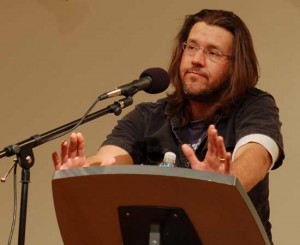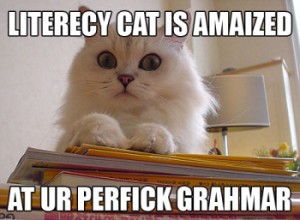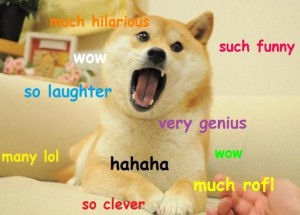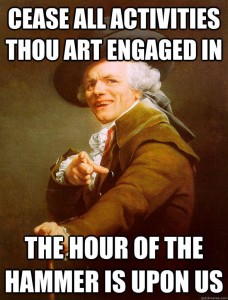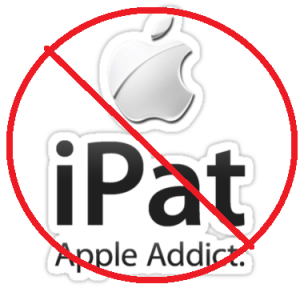When going through ideas for this blog post, one must first consider what immediately jumps out to them specifically about Thoreau’s Walden. To me, it was clear that Thoreau’s main message was one of philosophy: if you should live simply, you will become enlightened. This message that is reiterated throughout Walden is an idea that has been similarly recycled in many religious doctrines since the beginning of time.
This idea is vital to understanding Thoreau as an author and as a human being. Thoreau, like many great thinkers throughout history, was fascinated with the idea of religion and the effect which it had on his fellow man. Thoreau, a radical progressive in many ways, was obsessed with the way people treated each other and how it was comparable to religious dogma. In 1859, John Brown, a radical abolitionist, attempted to take over a military arsenal in Virginia with the help of armed slaves. After the raid failed and Brown was arrested, Thoreau, one of the most outspoken abolitionists of his time, was one of Brown’s most vocal supporters.
In his essay A Plea for Captain Brown, Thoreau attacks Christians in the United States for being hypocritical: Christ preached justice and tolerance, and slave-owning Christians defied these orders whilst continuing to preach Christ’s words:
The modern Christian is a man who has consented to say all the prayers in the liturgy, provided you will let him go straight to bed and sleep quietly afterward. All his prayers begin with “Now I lay me down to sleep,” and he is forever looking forward to the time when he shall go to his “long rest.” He has consented to perform certain old-established charities, too, after a fashion, but he does not wish to hear of any new-fangled ones; he doesn’t wish to have any supplementary articles added to the contract, to fit it to the present time.
Thoreau would later go on to draw parallels between Brown and Christ, as well as the United States government and Pontius Pilate. It is clear that Thoreau’s fascination with religion and followers of religion had an enormous effect on his political views. This world view seems to have developed during the writing of Walden, some ten years prior.
It is my belief that, throughout Walden, Thoreau is describing his exodus as a religious experience. As Walden progresses, Thoreau begins to slip more and more biblical references into his work. Thoreau compares the beginning of spring to the creation of the universe, as well as claiming that God “patented a leaf.” Thoreau’s eventual ascent into enlightenment is treated much in the same way Christ’s ascension to heaven is treated in the New Testament: a gradual, unfolding plotline which paints its protagonist as an enlightened figure who grinds against the norms of society only to be cast away, until he eventually becomes greater than all.
Thoreau’s experiences in Walden could be summed up in the biblical verse James 4:10, “Humble yourselves before the lord, and he will lift you up.” Thoreau left everything he knew and every luxury he was accustomed to in order to live on the shores of Walden pond, humbling himself before the Lord in nature, where he felt most connected to God. Thoreau’s Christ-like journey to enlightenment provides a fantastic and intriguing subtext to the classic Walden storyline of simple living and spiritual discovery.


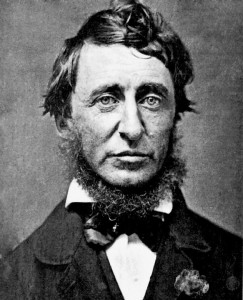






 A video game has the ability to stimulate both your eyes and your ears. While a book really only stimulates your eyes.
A video game has the ability to stimulate both your eyes and your ears. While a book really only stimulates your eyes.
